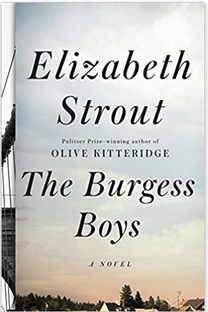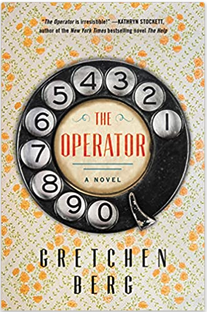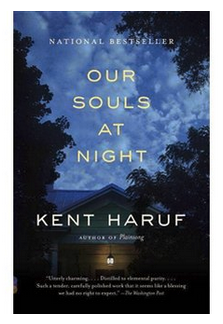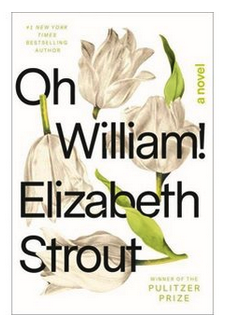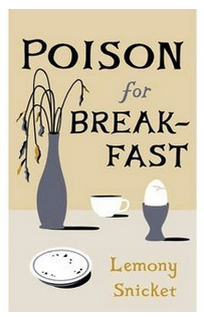For the wedding present, I chose Girl Scout cookies. I liked a LOT of the suggestions in the comments, and had a wonderful time reading all the stories and considering all the options. In the end I chose Girl Scout cookies because they seemed light and fun and quirky, which also describes my cousin and her husband and their wedding; and because it felt Just Right for the relationship I have with this cousin; and also because I just WANTED TO and the idea made me feel happy. The cookies are on their way to them, and I feel bouncy and excited for them to arrive. I had planned to buy them some window prisms as well, but it felt like the combination reduced the gift rather than adding to it, for reasons I couldn’t put a finger on; and it didn’t matter much so I just didn’t buy the window prisms. I highly enjoy these sorts of low-pressure gift-giving occasions, where I feel free to follow whims.
A few of you mentioned that you would never have thought to give a wedding present for an elopement and asked if that was weird/wrong, and I have puzzled over that for several days now, wondering which of us is the weird one, and I’ve decided it’s Neither of Us, Really, but specifically it’s Not Me. They still got MARRIED! That’s a HUGE DEAL and a MAJOR LIFE EVENT and something to celebrate! If I don’t send a gift, and it’s because they eloped rather than having a wedding for me to attend, that seems like it oddly prioritizes The Wedding Event over The Marriage, when I am pretty sure we’ve all agreed it’s the other way around.
I wonder if “elopement = no gift” comes from the more general ruling on whether a person is OBLIGATED to get a wedding gift: I know that if you go to someone’s wedding, etiquette absolutely insists that you bring a gift; and that if you are not invited to the wedding and/or do not attend, etiquette does NOT insist that you send a gift. Perhaps that morphed into an idea of no wedding = no gift. Except…an elopement is still a wedding! So then we’re back to the wedding gift being an item the couple receives not because they got married but because they threw an expensive party. Which doesn’t seem right.
It may also come from a difference of feeling about gift-giving in general: if it’s about what ETIQUETTE demands, then I agree: no obligation to send a gift for an elopement. But my motivation wasn’t etiquette, or obligation: it was that I was excited about the significant life event, and I wanted to celebrate it with a gift. Sending a gift is a way to say you’re happy for someone, and/or at a minimum (such as in a situation where you don’t think they should have married this person) that you acknowledge the significance of what has happened. This is one reason that, although of course I want very much to get them something they WANT and LIKE and WILL USE/ENJOY, I don’t WORRY so much about that aspect: PART of the point of the gift is to add to their possessions, but another HUGE part of the gift is to give them…well, “positive feedback” doesn’t feel quite right, but in another way it’s EXACTLY RIGHT. The gift gives them positive feedback. It says “Yay!” and “Your friends/family rejoice with you!” and “I have seen your news and agree it is cool/good/significant!” It is like clicking “like” and “care” and “wow” and “love” all at the same time on someone’s Facebook post, but more expensively!

